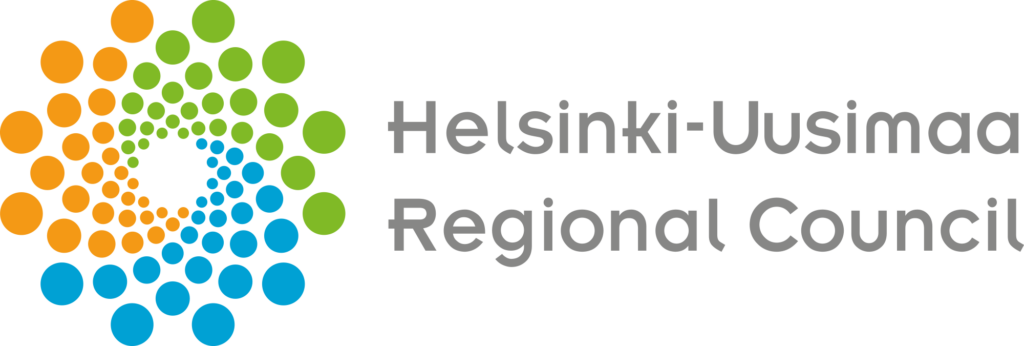Traditional hospitality education segments knowledge — marketing in one classroom, experience design in another, and digital engagement somewhere in a separate setting. This disconnected approach does not align with how the hospitality industry operates, leaving a gap between our teachings and the needs of our students.
Today’s travelers, particularly millennials and Generation Z, who are projected to dominate the market by 2030, are driven by the pursuit of meaningful experiences (Sigala et al. 2024). These generations are less responsive to traditional marketing and more engaged by brands that integrate seamlessly into their personal stories.
Here is the question that drives everything we do as educationalists: Why care about the hospitality experience? When students answer from the guest’s perspective, real learning begins.
Challenges to be solved in an integrated learning framework
To address the dilemma of fragmented teaching, we chose to tear down the barriers between three specialised courses: Gamification of experiences and transformations, Experience management and imagineering, and Experiential marketing. Instead of treating these as separate subjects, we anchored all three in shared case studies commissioned by hospitality venues in Helsinki.
We partnered with three premium Helsinki venues: Kupoli Bar at Hotel Grand Hansa, 10th Floor at Sokos Hotel Vaakuna, and OR Restaurant at Hotel Torni. Student teams addressed given challenges through all three lenses at once.
This initiative aligns with the Finnish Hotel of Tomorrow (FHOT 2.0) research project, a collaboration between Haaga-Helia, Metropolia University of Applied Sciences, and industry partners. It aims to develop intelligent, sustainable solutions for hospitality venues, promoting innovation and resilience.
Designing unified experiences
The shift in mindset happened when students broke down their academic silos. In gamification, they explored how interactive elements enhance guest engagement (Bulencea & Egger 2015). Through imagineering, they learned to turn routine interactions into memorable stories (Kuiper & Smit 2014). In experiential marketing, they discovered ways to craft and present these stories to resonate with target audiences.
Students developed the Envelope Dinner Experience Mystery for OR Restaurant — in the concept each dinner course comes with a sealed clue revealing pieces of the venue’s hidden history. Guests become detectives, not just diners. Another proposed concept was a 1950s-themed immersive event for Sokos Hotel Vaakuna’s 10th Floor, connecting the venue’s architectural heritage to Finland’s cultural evolution. A third concept created by our students, Bring Down Kupoli, envisions street-level pop-up events extending the bar’s brand presence beyond its physical rooftop location.
In sum, these were not merely theoretical exercises but actionable concepts for the venues to actually implement.
Student feedback revealed something profound: they finally understood that guests do not experience marketing, gamification, and storytelling as separate domains. Everything blends into one unified experience. This realisation made them think like experience designers — the deliberate design of emotionally resonant interactions across all touchpoints (Sebby & Brown 2020).
Skills for transforming hospitality environments
The partner hotels gained innovative concepts tailored to their specific contexts. Accordingly, our Finnish Hotel of Tomorrow (FHOT 2.0) research project and industry stakeholders benefited from insights into how integrated design thinking transforms hospitality environments.
The most important outcome of this pedagogical experiment of combining three courses into one was when our students stopped focusing on the assignment and instead started asking what would make guests care.
The hospitality industry is appreciating novel viewpoints, emotional awareness, and creative thinking. As marketing, operations, design, and technology blend, so must hospitality education evolve. By adopting case-based learning in real settings, we equip students for an industry that demands integrated thinking. They gain skills to create meaningful experiences, rather than just completing assignments.
The objective of the Finnish Hotel of Tomorrow FHOT 2.0 project is to develop and innovate smart solutions and services, carry out accommodation and service experiments with companies in the tourism and construction sectors, explore and innovate around travelers’ needs and expectations, and support the development of solutions by SMEs in the accommodation, construction, and related industries.


References
Bulencea, P. & Egger, R. 2015. Gamification in Tourism: Designing Memorable Experiences. Berlin: Erich Schmidt Verlag.
Kuiper, G. & Smit, B. 2014. Imagineering: Innovation in the Experience Economy. Harlow: Pearson Education.
Sebby, A.G. & Brown, C. 2020. Experiential learning in hospitality management curriculum: Case study in rural Southeast U.S. Research in Higher Education Journal, 38. Institute of Education Sciences. Accessed 21 May 2025.
Sigala, M., Christou, E. & Gretzel, U. (eds.) 2024. Social Media in Travel, Tourism and Hospitality: Theory, Practice and Cases. 2nd ed. London: Routledge.
In this article, scientific sources were discovered using Perplexity AI. Grammarly was used for grammar and style checks.
Picture: Shutterstock